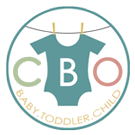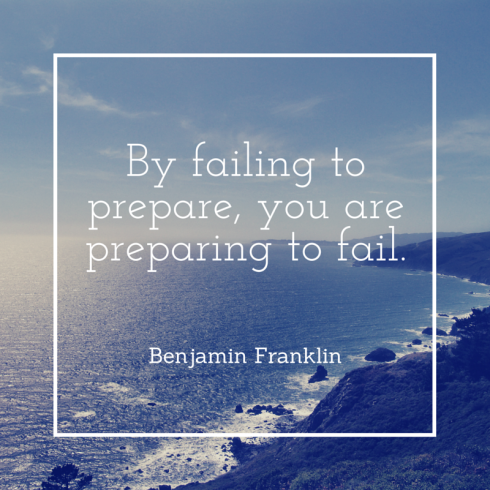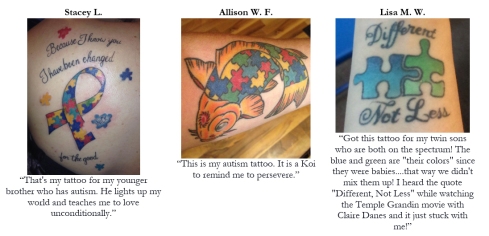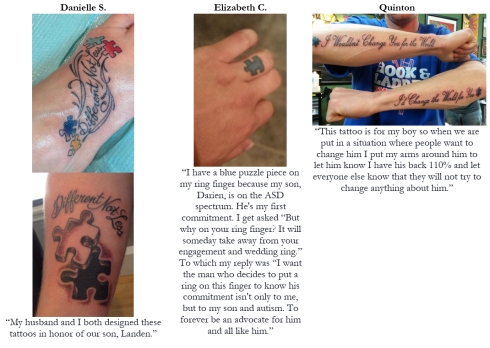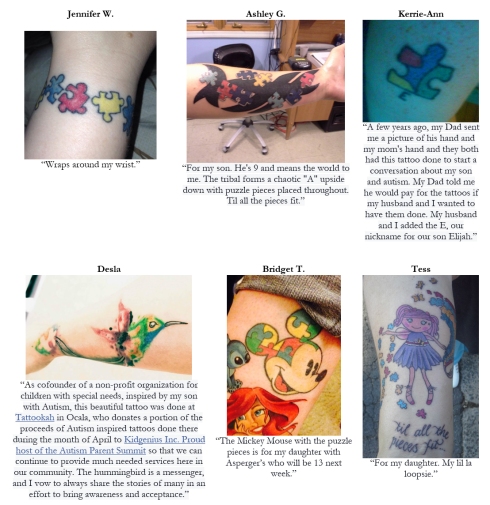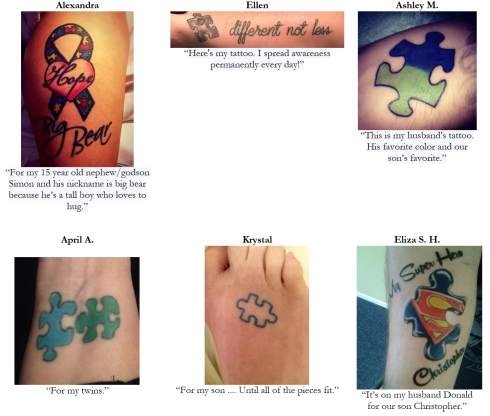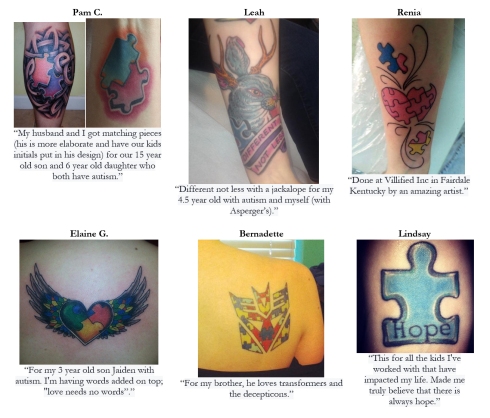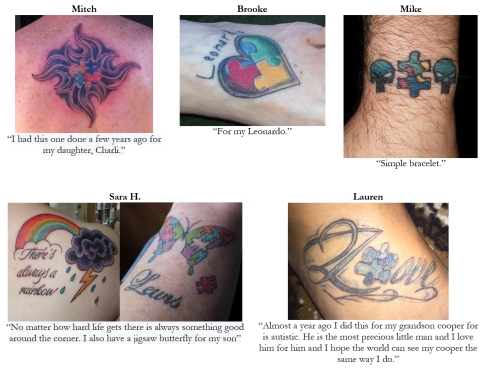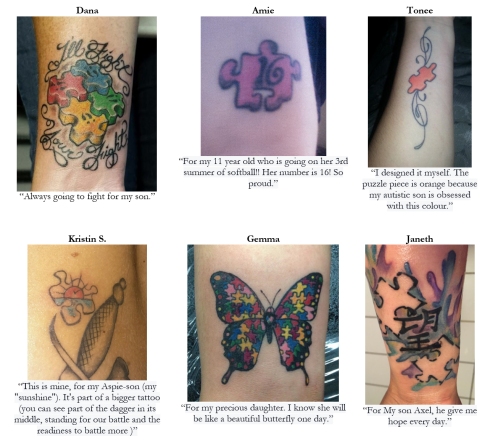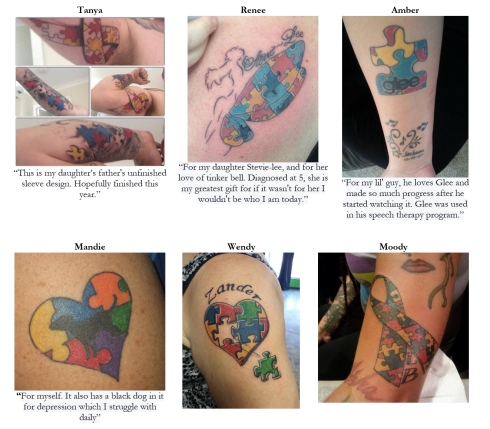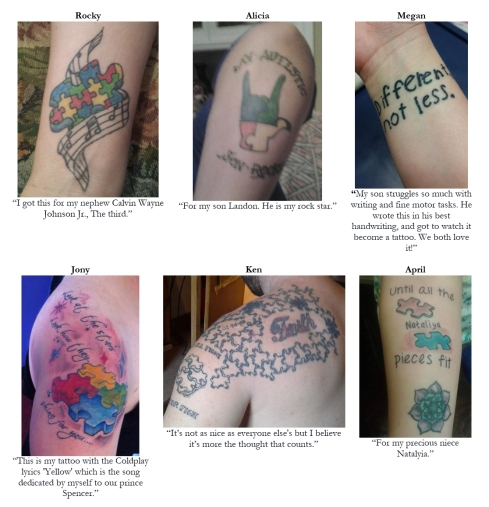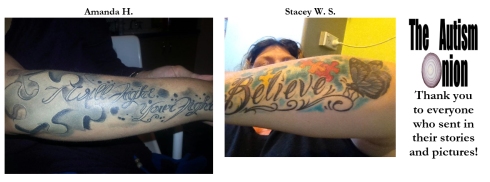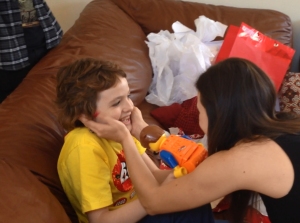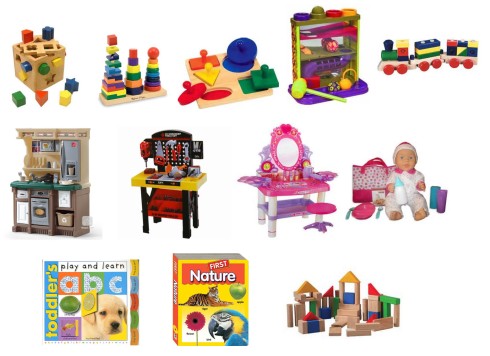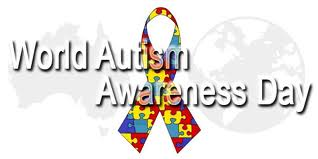“Autism isn’t a tragedy, ignorance is.”
“I don’t suffer from autism, I enjoy every moment of it.”
“I don’t suffer from autism… I suffer from ignorant people.”
There are countless websites, online groups, and Facebook pages dedicated to these taglines. These sites, run mainly by people who identify as being on the spectrum (and others run by parent advocates) argue that autism is not bad, sad, or unfortunate. It does not cause people to hurt. Autism is a beautiful diversity and should be celebrated. And those who would say otherwise….They are “hate-mongers”. Wishing your child didn’t have autism, or hoping for a “cure” makes you unloving, and unaccepting, according to these sites.
Here’s the fundamental issue I have with these arguments….
Your experience does not give you the right to deny another person’s experience.
Your experience does not negate the experience of another person. Matter of fact, your experience doesn’t actually have anything to do with another’s.
Your experience does not give you the ability to make blanket statements for all people in similar circumstances.
I just can’t fathom that someone could look at a child with autism screaming, crying, bashing his head into a wall until it bleeds and say “That’s not tragic” or “They’re not suffering because of autism.” I can’t wrap my head around someone seeing the news stories of another dead autistic child because he wandered away from home, and say that child, or their family, didn’t suffer at the hands of autism… Instead they would argue that they suffered at the hands of the “ignorant” public. I can’t comprehend that someone could watch a child with autism be unable to get their needs met because they can’t communicate, and say that his inability to communicate is not the tragedy… those around him not being able to read his mind is the tragedy.
Honestly, I’m of the opinion that (while I know there are many great qualities about it) autism causes an enormous amount of pain, struggle, and difficulty for A LOT of people. Those diagnosed, and their families. I’ve seen it. I’ve lived it.
And, with that said, I will also make clear that I know not all people affected by autism are of the same opinion… and that’s okay!
Having an opposing view on the “tragedy” or “suffering” related (or not related) to autism does not threaten me, nor does it even bother me… when you are talking about your own experiences. But representing your opinion as fact on behalf of the entire autism community is wrong, unfair, and offensive.
Just how so many of these same spokespeople say “Autism Speaks doesn’t speak for me”…. You “advocates” don’t speak for ME, my brother, or other people, either. NO ONE speaks on behalf of everybody, and the sooner people recognize that, the sooner we can stop waging wars on who is “right”. You speak about your experiences, I’ll speak about mine. You hold opinions based on your experiences, I’ll hold opinions based on mine. And even when our whole-hearted beliefs don’t align, that’s okay. They don’t need to. Let’s respect that our own life experiences don’t override the experiences of another person.
Tags: aba, advocates, ASD, autism, autism isn't a tragedy, autism speaks doesn't speak for me, suffering, tragedy

